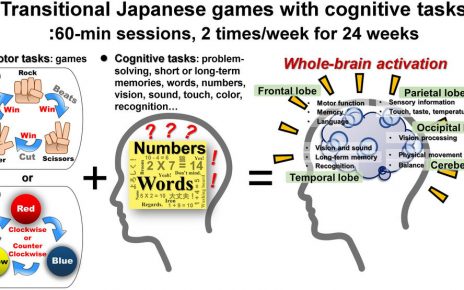When Jessica’s boyfriend proposed, the 31-year-old didn’t need time to mull over her answer. While that decision was a cinch, she has struggled to make any decisions about the wedding.
“I think, ‘Oh god, I can’t do that. What if this happens?’ Or, ‘This happened to my friend, what if it happens to me?’”
Are you suffering from decision fatigue?
It’s been two years since Jessica got engaged, and she’s no closer to choosing where to have her big day, or when, not to mention nutting out all the finer details.
Wedding decisions are not the only ones that stump her. Jessica will often greet Saturday morning with all the enticing, fresh possibilities of a weekend ahead – contemplate perhaps heading to the Blue Mountains, or what she should do if she stays in Sydney – but instead of making a decision, she freezes.
“It kind of all spirals and I end up not doing anything… I’ve had weekends where I’ve thought, ‘Oh, I’ve wasted it because I haven’t made a decision and now I’m back at work.’”
Jessica’s story is familiar to life coach Megan Luscombe, who says she’s seeing a “massive” rise in decision-making problems at the moment.
“… We have the world at our feet when it comes to choice, so now people are too scared to make a choice because they’re told that there are 20,000 other options.”
That figure may sound far-fetched, but the number of decisions we need to make each day is staggering. (It’s also understandably tricky to quantify, although research shows we make over 220 decisions about food alone each day, so it’s easy to see how it quickly adds up.)
Being spoilt for choice isn’t the only reason we struggle with decisions. Luscombe says perfectionism, fear of failure, and fear of making the wrong decision or doing the wrong thing also play a part.
Some people cruise through the sea of endless decisions, while others, like Jessica, become unmoored. If you find yourself in a similar position, don’t blame yourself, says psychologist Jay Anderson.
“If you’re emotionally overwhelmed or overloaded then your body is going to stop thinking rationally and just shut down.”
Meanwhile, others crumble under the weight of needing to decide and opt for a quick, short-term fix. Making a decision – any decision – offers relief from that discomfort.
“And that’s generally what people want,” says Luscombe.
Unfortunately, the result is often out of whack with your long-term goals. These short-term fixes are why you take the higher-paying job you hate, or make a snap decision to watch one more episode of Santa Clarita Diet when you really should get some sleep.
While making one decision can be overwhelming, that experience can amplify when you need to make multiple decisions. In those situations, your mental energy gets expended and the quality of your decisions takes a dive, leading to "decision fatigue".
Thankfully, there are ways you can avoid decision fatigue and improve your decision-making skills.
If you have one or two big decisions to make, Luscombe recommends tackling them first thing in the morning.
“Wake up, smash it out and get it done.”
Then, cull your list. Luscombe advises narrowing your list down to one to three items at a time. Tackle them first, focusing on what needs to be done immediately, before moving on.
When making a decision, try to stay as calm as possible, says Anderson. Tune into your body. If you start feeling panicky, take a break. Head outdoors for some fresh air if possible, or engage in some closed-eye visualisation at your desk.
Don’t get tangled up in perfectionism, either, warns Luscombe. She says there’s no such thing as perfect anyway, so you need to remind yourself that.
“Completion is the goal, not perfection.”
To really elevate your ability to make decisions, Luscombe advises setting time aside to analyse the process you use to do that. Do you make better decisions if you write lists and tick boxes? Or after talking to your spouse or a friend about pros and cons? Perhaps you fare best when you have someone to hold you accountable?
Working out how to tackle decisions “might sound boring”, she says. But if you can identify the process that works best for you, she reassures you’ll never feel overwhelmed by them again.
Source: Read Full Article




